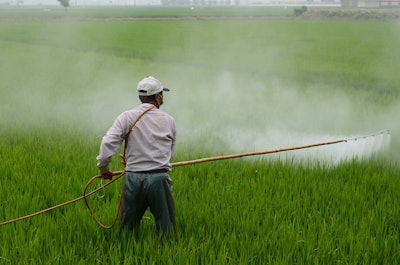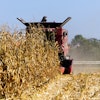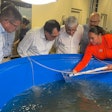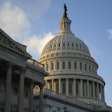
A new report highlighting the challenges posed by the sale of counterfeit and illicit crop protection products online was presented today by the Transnational Alliance to Combat Illicit Trade (TRACIT) to the OECD Working Party on Countering Illicit Trade in Paris. Titled "Tackling the Sale of Illicit Pesticides on E-Commerce Platforms," the report underscores the disparity between e-commerce platforms' stated policies on pesticide sales and their actual enforcement, along with the shortcomings in current regulatory oversight of online sales.
CropLife International, a global association representing the plant-science industry, has collaborated with TRACIT in developing the report and is advocating for the implementation of its recommendations. The organization, which has been at the forefront of combating counterfeit pesticides as a part of Operation Silver Axe with EUROPOL, emphasizes the severe risks posed by these illegal products to human health, the environment, and farmer livelihoods.
Emily Rees, President and CEO of CropLife International, expressed strong support for the application of "Know Your Customer" principles by e-commerce platforms for pesticide sales. The report urges these platforms to ensure that sellers are licensed, maintain these licenses for regulatory verification, and confirm that the pesticides sold are registered in the intended country of use.
TRACIT’s Director General, Jeffrey Hardy, noted the importance of the OECD in informing policy decisions and facilitating the development of mechanisms to address governance gaps. He praised CropLife International's commitment to global food security and expressed optimism about working together to effect meaningful change.
This report casts a spotlight on the need for e-commerce platforms, legislators, and regulatory bodies to intensify their efforts in safeguarding agriculture and public health from the hazards of illicit pesticide trade.

















